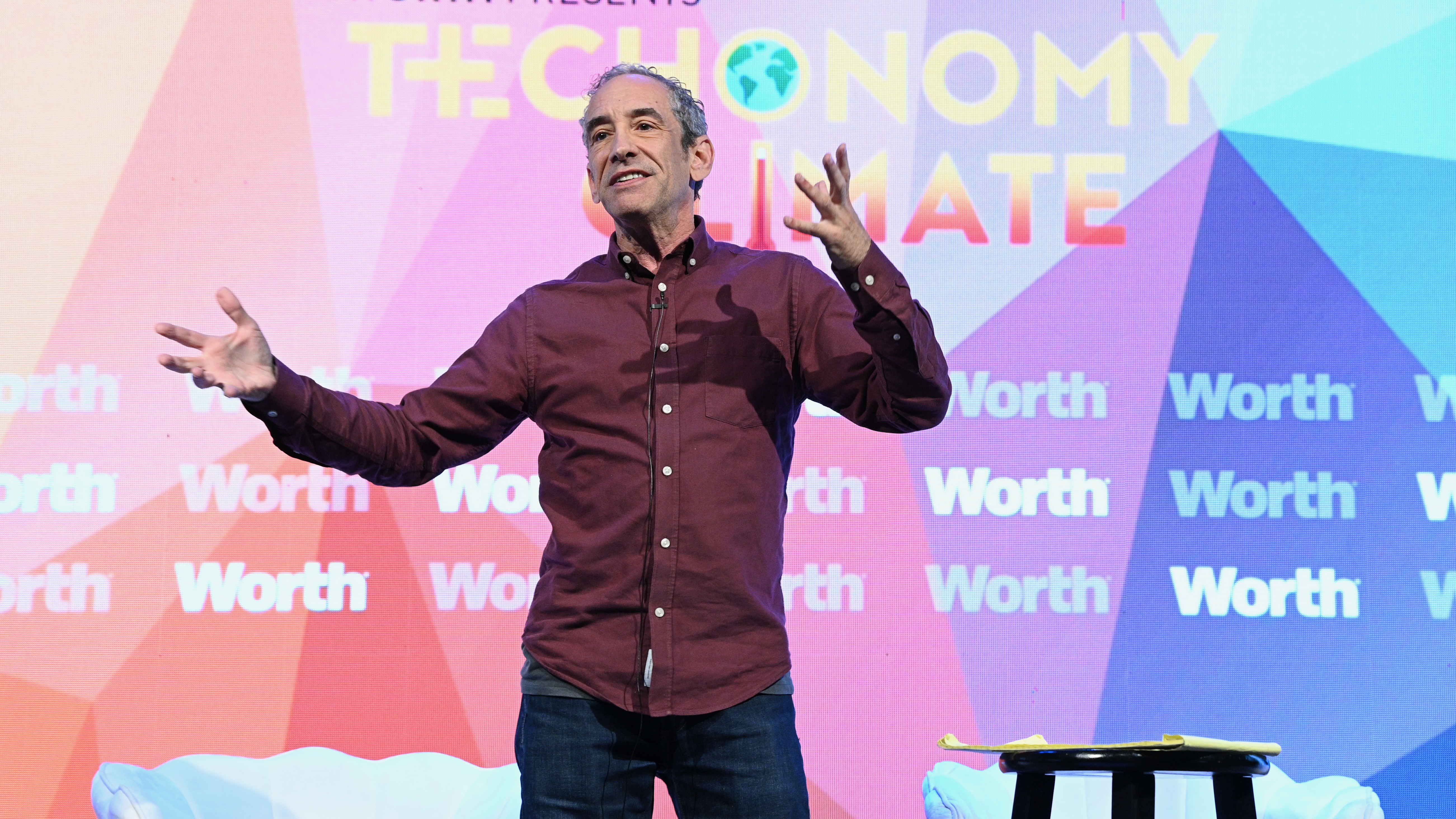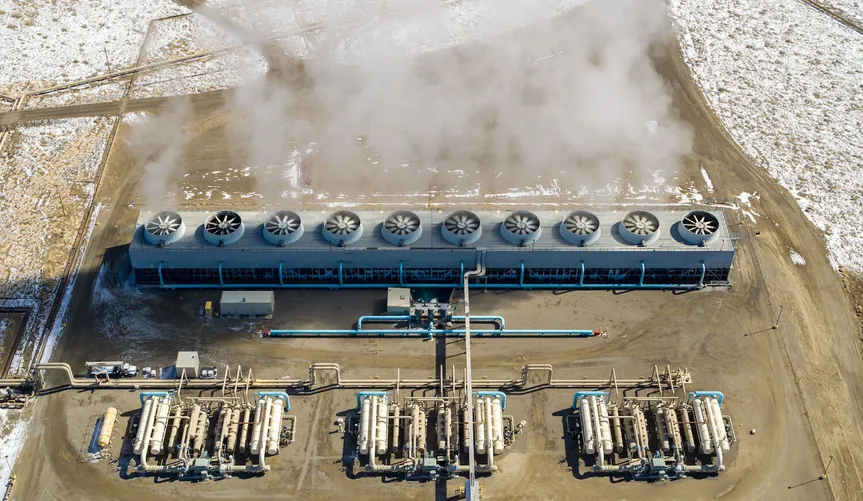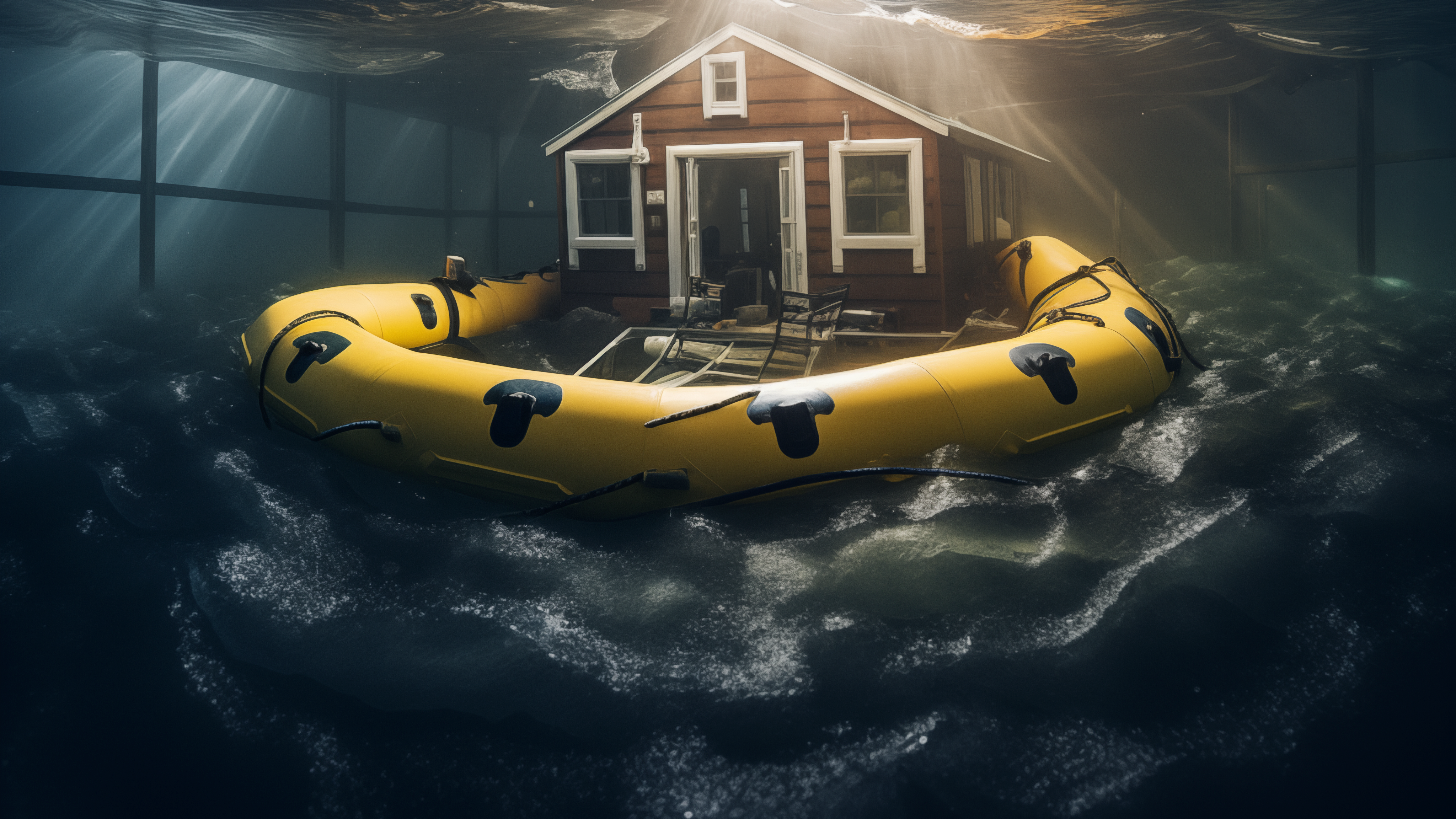
Doug Rushkoff was very much the odd man out at the Techonomy Climate NYC: Solutions That Scale conference. Some speakers extolled the virtues of climate mitigation technology, including renewable energy production and AI analysis. Others reassured the audience that combating climate change could be big business, especially as humanity’s reliance on fossil fuels decreases. Rushkoff, on the other hand, laid out a fundamental problem: Growth capitalism got us into this mess, and growth capitalism, by definition, cannot get us out of it.
To help the audience understand his point of view, Rushkoff summarized his latest book, Survival of the Richest (W.W. Norton, 2023). You can also listen to an excerpt on his highly entertaining Team Human podcast.
In the book, Rushkoff met with five billionaires who asked him how they could leverage their incredible wealth to live comfortably after the collapse of modern society. This attitude, he argues, is unhinged from reality.
“The way that they’re thinking about the world is, ‘How do I earn enough money to insulate myself from the reality I’m creating by earning money in this way?’” he said. “How can I use technology to protect myself from the externalities of my technology?”
Rushkoff used this mindset to illustrate how some tech elites essentially want to cut themselves off from the rest of the human race.
“The premise is that these folks—the kind of techno-solutionist, escapist, billionaire survivalist views—is that they can somehow escape from this,” he said. “The rest of us are dumb and worthless, and could be left behind. When you are building a rocket ship to colonize Mars, it’s not with the idea of taking humanity with you.”
Regardless of what climate mitigation technologists claim, says Rushkoff, this type of mindset is present even in the “lowly upper-middle class elites” (like himself) who attended Techonomy Climate NYC. The idea that innovative technology will somehow change everything is both pervasive and flawed.
“There’s a new thing, a next thing,” he said. “We said it was crypto, we said it was VR, we said it was the Internet, we said it was the Web, we said it was the chip, but it’s actually AI. Finally! This is really, really, really, I promise, really the one … Again, it’s ‘Human beings are the problem, and technology is the solution.’ Which has things fundamentally reversed.
“The other fiction is that, yes, we’ve got this technology, and it’s going to help make humans more sustainable, and it’s a growth industry. It’s a win-win. We can consciously capitalize ourselves out of the mess that capitalism created.”
Rushkoff likened the thought process to a drug addict who promises he needs just one more hit before he quits for good.
While Rushkoff believes that there is a solution, it would require something unprecedented: sharing resources and building communities. As an example, he says a person could buy a cordless drill—with a rechargeable battery that requires children in developing countries to mine rare earth metals—and use it once. Or, that person could ask a neighbor to borrow a drill, and in return, invite that neighbor to a barbecue. That means he would have to invite the rest of the neighbors on the block, which means that they could share other resources—such as a lawnmower, which each household uses for only a few hours per week anyway—and so forth. This would mean less consumption, but it would also mean less production, which can sound like anathema to investors and entrepreneurs.
“We are living at the mercy of an exponential growth economic operating system, that we have accepted as conditions of nature, but is actually incompatible with a digital media environment,” he said. “[It’s] a convoluted obligation to do things at scale, or it seems as if they don’t exist.
“The object of the game, I think, is to come up with sustainable business models. If you don’t have a sustainable business model for your thing, then it is not a sustainable climate model, either. If the thing has to grow forever in order to survive, it’s broken.”









